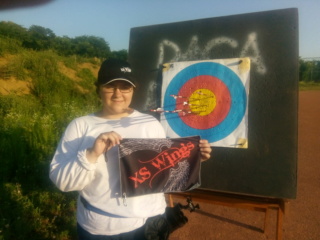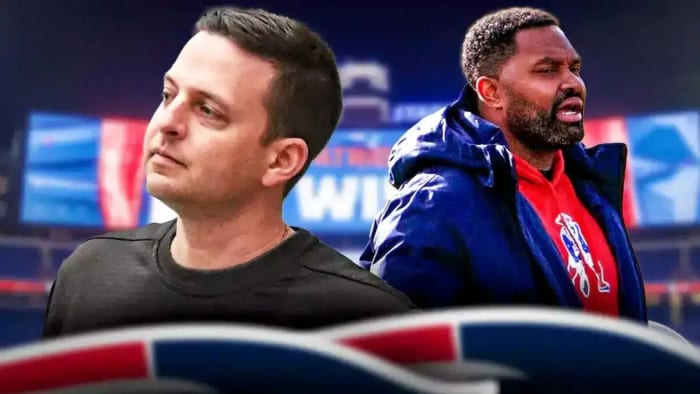It’s one thing for police to have statements from Carlos Ortiz that can be used to support the issuance of a search warrant. It’s quite another to be able to use those statements at trial.
Many of you instantly recognized that Ortiz’s explanation to police that Ernest Wallace told Ortiz that Hernandez told Wallace that Hernandez shot Odin Lloyd entails multiple levels of hearsay.
Let’s start this foray into trial procedure by assuming Ortiz will testify in the prosecution of Hernandez. Would testimony from Ortiz that Wallace said Hernandez said he shot Odin be admissible?
As the case often is with matters that eventually will be decided by a judge, the answer is “maybe.”
Hernandez’s statement falls within the exclusion to the definition of hearsay, since the statement (“I shot Lloyd”) is being used against Hernandez. But Hernandez said it to Wallace, not to Ortiz. So when Wallace tells Ortiz that Hernandez told Wallace that Hernandez shot Lloyd, it potentially becomes hearsay.
Actually, there’s a chance that Wallace’s connection to Hernandez brings the entire statement within the exclusion to the hearsay rule. Section 801(d)(2)(E) of the Massachusetts Rules of Evidence says that “[a] statement of a coconspirator or joint venturer made during the pendency of the cooperative effort and in furtherance of its goal when the existence of the conspiracy or joint venture is shown by evidence independent of the statement.”
In English, this means that if the effort to kill Lloyd and clumsily cover it up became a joint venture between Wallace and Hernandez, anything Wallace says about the joint venture isn’t hearsay. The pressure point would be whether telling Ortiz that Hernandez said he shot Lloyd constitutes a statement made “in furtherance of [the] goal” of the joint venture.
Coincidentally, Bristol County, Massachusetts District Attorney Sam Sutter recently used the term “joint venturer” when discussing the situation.
Another level of hearsay arises if, for whatever reason, Ortiz doesn’t repeat what he said to police in court. His own statements to investigators, made out of court and without an opportunity by Hernandez’s lawyer to cross-examine him, also become hearsay — unless it’s determined that he’s another “joint venturer,” even though his agenda on the night in question appeared primarily to be sleep.
Complicating matters in this context is the Confrontation Clause of the Constitution, which gives a criminal defendant the right to interrogate anyone giving testimony against the defendant. The statements Ortiz made to police about the events of the evening and Wallace’s comments about Hernandez’s confession are more likely to be admissible if Ortiz is not available to testify at trial; one issue that would need to be researched under Massachusetts law is whether invoking the Fifth Amendment right against self-incrimination makes the witness unavailable.
In the end, the judge presiding over the case will have to decide whether to allow the statement in to evidence. Factors that shouldn’t matter but that definitely will include whether the judge believes based on all of the other evidence that a conviction is likely without the statement being admitted. Since allowing the statement to go to the jury could be what lawyers and judges call “reversible error” (in English, grounds for overturning the conviction on appeal), there’s no reason to do it if the evidence otherwise appears to be overwhelming.
It’s a very common dynamic at trial. If, all of a sudden, one side starts winning all of the evidentiary rulings, it’s a strong clue that the judge thinks the other side is poised to win the case. For Hernandez, despite the information made available to the media, it’s still way too early to tell how this one would play out in a court of law.











